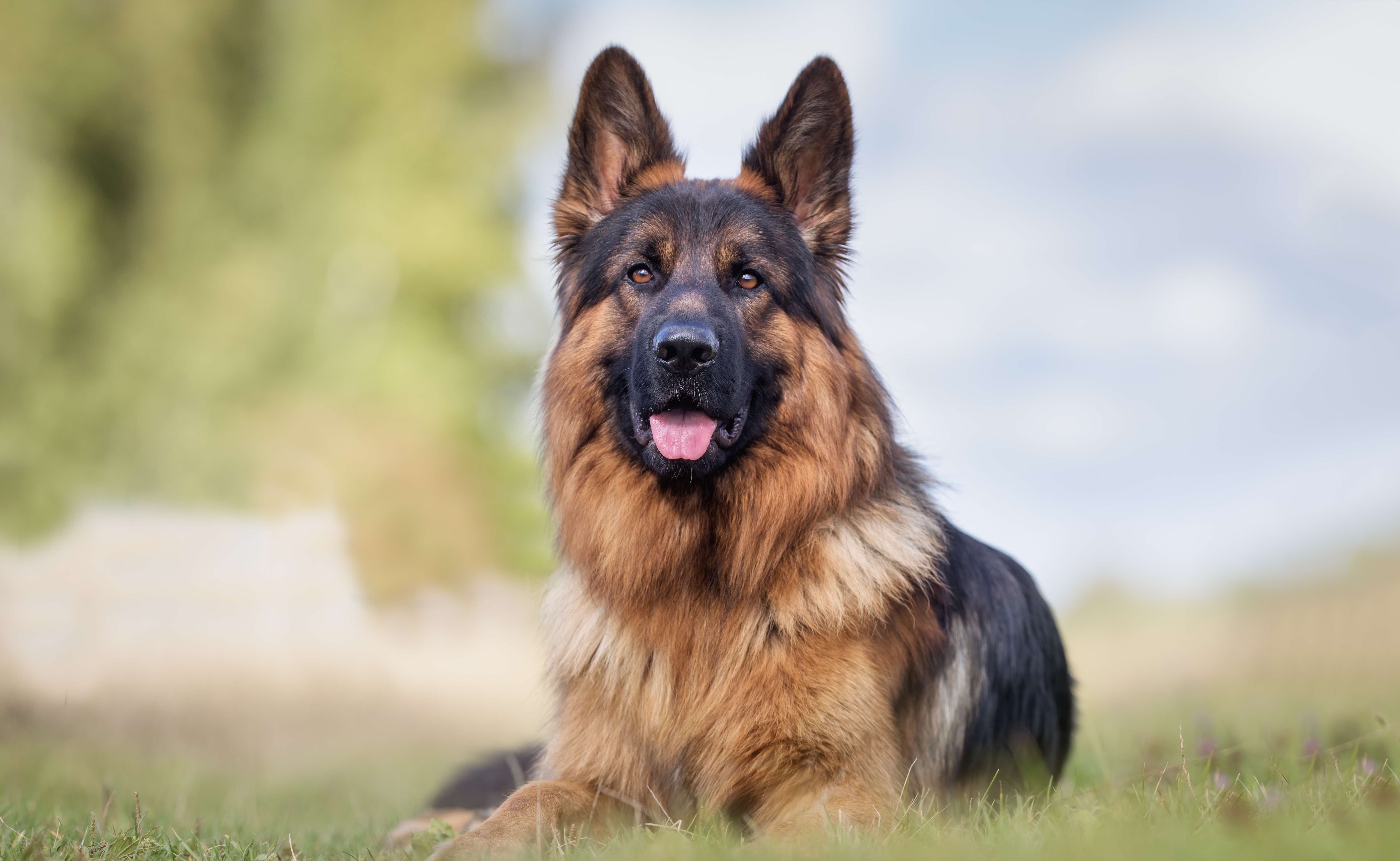
German Shepherd Raw Food Diet: Is It Right for Your Dog?
Share
For health-conscious pet owners, finding the best diet for their beloved dogs is a top priority. The German Shepherd raw food diet has been gaining popularity among those looking to provide their pets with a more natural and nutritious meal plan. In this article, well explore the benefits, challenges, and considerations of switching your German Shepherd to a raw food diet.

Understanding the Raw Food Diet
The concept of a raw food diet for dogs revolves around feeding them uncooked, natural foods similar to what their ancestors might have eaten in the wild. This includes raw meats, bones, fruits, and vegetables. Advocates of the raw food diet believe that it can lead to improved health, better digestion, and increased energy levels in dogs.
German Shepherds, known for their intelligence and versatility, have specific dietary needs that a raw food diet can potentially meet. However, it's essential to understand how to properly implement this diet to ensure that your dog receives all the necessary nutrients.
Benefits of a Raw Food Diet for German Shepherds
One of the main reasons pet owners consider a German Shepherd raw food diet is the potential health benefits. Here are some advantages:
Improved Digestion
Many dog owners report that their pets experience better digestion on a raw food diet. This is because raw foods are often easier for dogs to process and can lead to healthier stools.
Healthier Skin and Coat
A raw food diet is rich in essential fatty acids, which can contribute to a shinier coat and healthier skin. This is particularly beneficial for German Shepherds, who are prone to skin issues.
Increased Energy Levels
Feeding your dog a diet that aligns with their natural instincts can result in increased energy and vitality, allowing your German Shepherd to maintain their active lifestyle.
Challenges of Implementing a Raw Food Diet
While there are many benefits, it's important to be aware of the potential challenges of a raw food diet:
Nutritional Balance
Ensuring that your German Shepherd receives all the necessary nutrients can be challenging. A raw food diet requires careful planning and may need supplementation to provide a balanced diet.
Risk of Bacterial Contamination
Handling raw meat increases the risk of bacterial contamination, which can pose a health risk to both you and your pet. Proper food handling and hygiene practices are crucial.
Time and Cost
Preparing a raw food diet can be time-consuming and may be more expensive than traditional dog food. It's important to consider whether you have the resources to commit to this dietary change.
How to Transition Your German Shepherd to a Raw Food Diet
If you're considering switching your dog to a raw food diet, a gradual transition is key. Start by incorporating small amounts of raw food into your dog's current diet and gradually increase the portion size over several weeks.
Consult with a veterinarian or a pet nutritionist to ensure that your German Shepherd's dietary needs are being met. They can help you design a balanced diet plan and recommend appropriate supplements if necessary.
Conclusion
The German Shepherd raw food diet offers numerous potential benefits, including improved digestion, healthier skin, and increased energy levels. However, it's essential to approach this dietary change with caution and careful planning. Ensure that you understand the nutritional requirements of your dog and consult with professionals to provide the best possible diet for your furry friend.
For more information about German Shepherds, you can visit AKC's German Shepherd page.
Additionally, explore our other articles on related topics such as German Shepherd Cancer Risks, Separation Anxiety Solutions, and Weight Management for a comprehensive understanding of your pet's needs.

FAQs
Is a raw food diet suitable for all German Shepherds?
Not all German Shepherds may benefit from a raw food diet. It's important to consider your dog's age, health, and specific dietary needs before making any changes.
How do I ensure my dog gets all the necessary nutrients on a raw food diet?
Consult with a veterinarian or a pet nutritionist to design a balanced raw food diet plan. Supplements may be necessary to meet specific nutritional requirements.
Are there any risks associated with feeding my dog raw food?
Yes, there are risks such as bacterial contamination and nutritional imbalances. Proper food handling and hygiene practices, along with consultation with professionals, can help mitigate these risks.
This article contains affiliate links. We may earn a commission at no extra cost to you.
